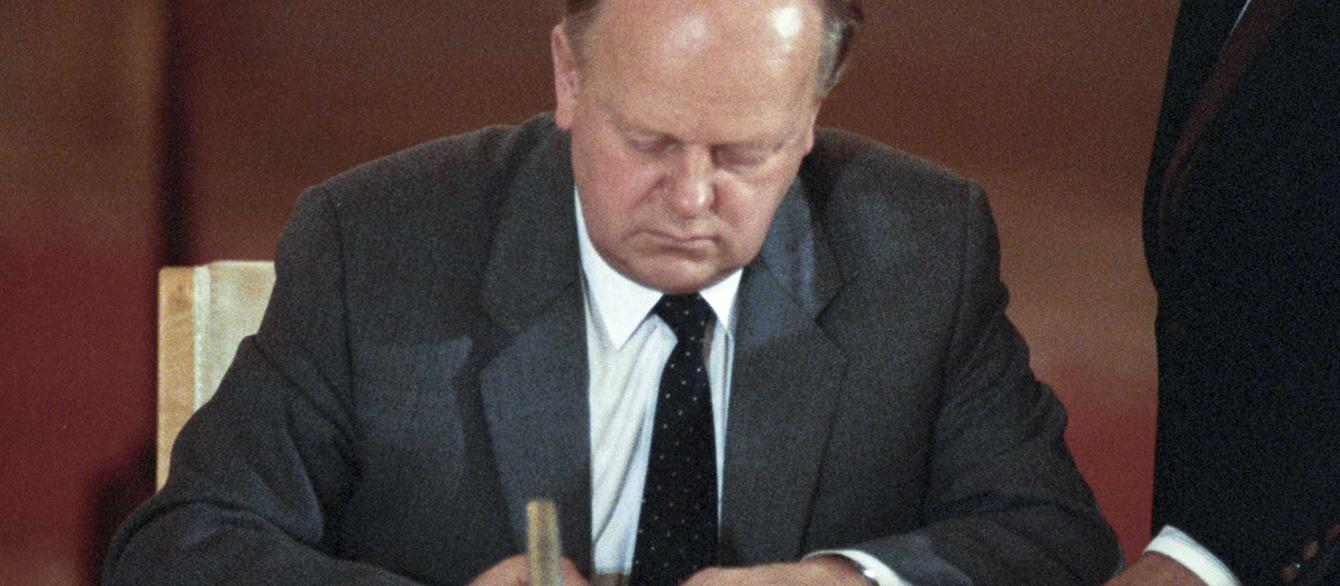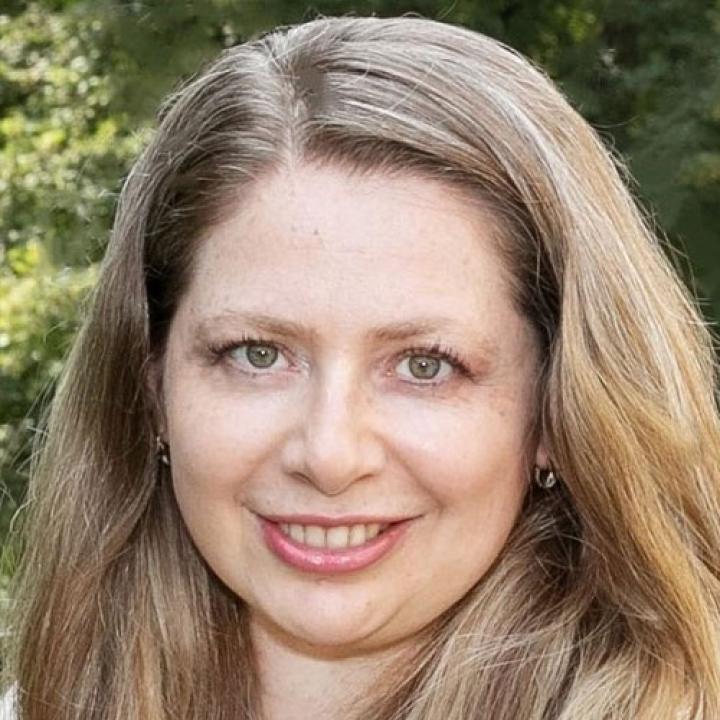The man who arranged the weekend retreat at which the Soviet Union was dissolved passed away on May 4, 2022. Stanislau Shushkevich made history when he gathered his Russian and Ukrainian counterparts, Boris Yeltsin and Leonid Kravchuk, for what was originally meant to be negotiations over oil and gas. The USSR took its last breath in the primeval Belavezha forest in Belarus on December 8, 1991.
Shushkevich was a nuclear physicist by training. Politics became his calling when he witnessed how his government mishandled the Chernobyl nuclear disaster in 1986. When I spoke to him in December 2021, three decades after the Belavezha events, Shushkevich summed up his disillusionment: “The government proclaimed principles that sounded wonderful to ordinary people. But, these principles did not apply to those in power. Those in power could do whatever they wanted.”
As a former refugee from the country Shushkevich led, Belarus, I was awestruck by the ease of my conversations with Stanislau Stanislavovich. I had been interviewing him for my project on the Belavezha Accords, which culminated in the podcast series “How to Kill a Superpower: Lessons from the USSR.” Shushkevich was sympathetic, thoughtful, and unpretentious. He reminded me of my grandfather.
But, I was also struck by the fact that virtually no one around me knew who Shushkevich was. Neither did the Belavezha Accords make an imprint as did, for example, the fall of the Berlin Wall.
Shushkevich did not just organize the fateful weekend. He was the first to say yes to the “off the cuff” question of whether the USSR should be dissolved. The question came up informally during dinner. Gennady Burbulis (from the Russian delegation) seemed to have asked it spontaneously.
Shushkevich’s historical role does not fit any of the dominant narratives about Soviet collapse.
The question of why Shushkevich did not get his rightful spot in global history was raised at the Association for the Study of Nationalities panel on the “How to Kill a Superpower” podcast. The panelists – Dmitry Gorenburg, Alexander Cooley, Tatsiana Kulakevich, Şener Aktürk, Paul Goode, and Julie George – and I hypothesized that this was because Shushkevich’s historical role does not fit any of the dominant narratives about Soviet collapse. It does not fit the narrative that the dissolution of the USSR was inevitable. Shushkevich said over and over that the Belavezha meeting was not meant for that purpose, and nobody saw it coming: not any of the meeting’s participants, not the USSR’s leader Mikhail Gorbachev, not the CIA.
A CIA document prepared just five months before the USSR dissolved is illuminating. It lays out four scenarios for the country over the next five years: 1) A chronic crisis with no major changes, 2) the Baltic States, Georgia, Armenia, and Moldova achieve independence while a new, smaller system forms with relatively little violence, 3) regression with nationalist hardliners enacting martial law, and 4) fragmentation in the form of a violent and chaotic collapse of the system. None of these predictions materialized.
The second reason Shushkevich does not receive the recognition he deserves for ending the Soviet Union has to do with the interests of the current Belarusian and Russian regimes. Belarusian president Alexander Lukashenko has had no interest in acknowledging his former political rival who then became a leader in the democratic opposition. For Russian president Vladimir Putin, the Belavezha agreement was a tragic mistake. Oleg Morozov, head of the State Duma Control Committee, said that a key goal of the “special operation” – Russia’s invasion of Ukraine in February 2022 – was to dismantle the Belavezha Accords.
The last time I spoke to Shushkevich in December 2021, at a Harvard University Davis Center event marking the thirtieth anniversary of the Belavezha Accords, I asked him what advice he would give to the next generation, eager to make a positive mark on history. “Only one,” he said. “Study politics and humanities. I did not take them seriously before, but I wish I had. Get as good an education as you can.”






